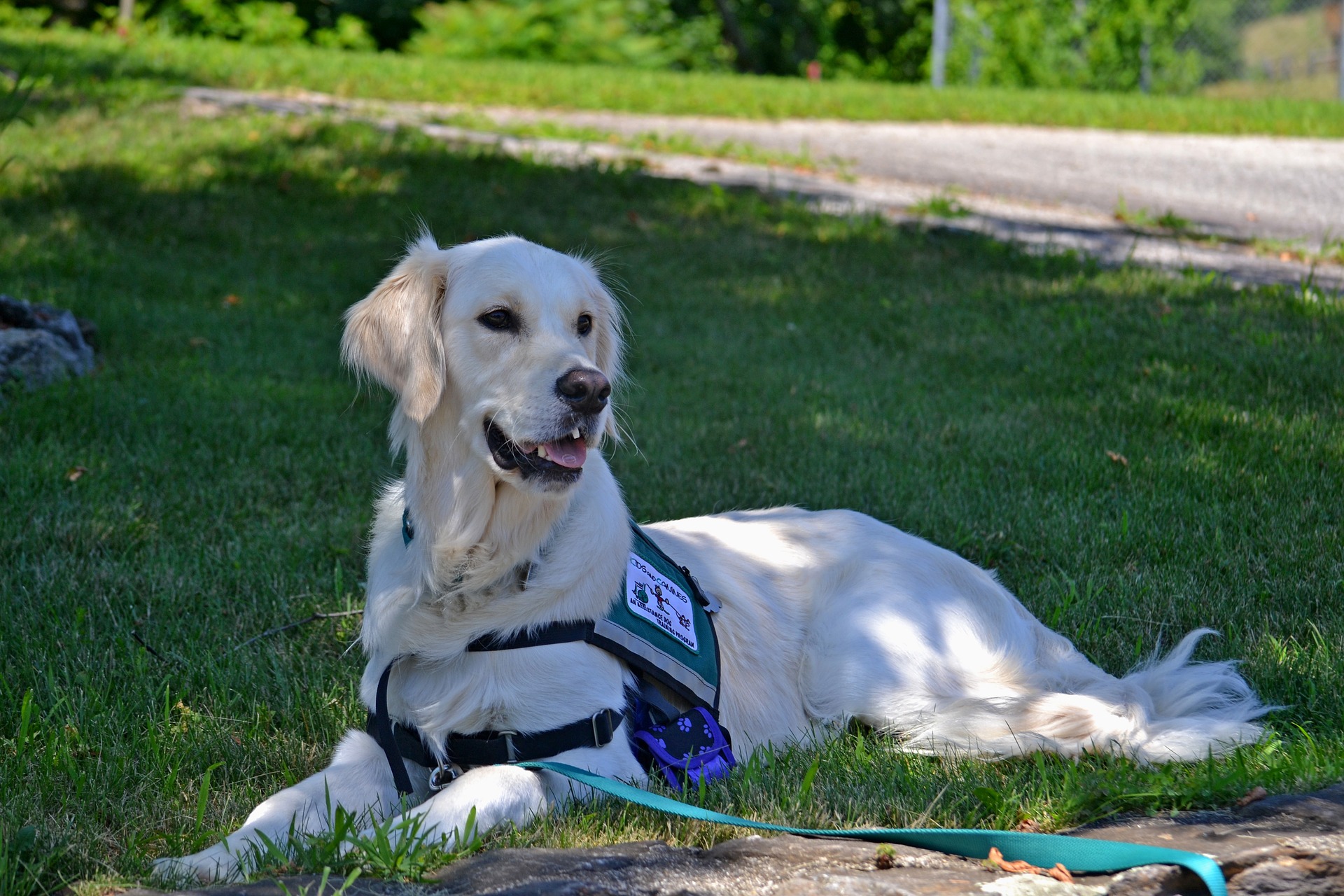
By Jackie Pierson
Service animals and emotional support animals do not provide the same service.
Under the Americans with Disabilities Act, service animals are defined as “dogs that are individually trained to do work or perform tasks for people with disabilities.” They are permitted in public places and are not legally allowed to be removed, unless the handler cannot control them.
However, service animals do not need to be marked. The ADA does not require special vests or tags to be placed on the service animal, which can cause issues. Only two questions can be asked about a service animal: “Is that a service animal?” and “What service does it provide?” People are not allowed to ask the animal to demonstrate their task.
Emotional support animals differ from service animals in the way that they are not protected under the ADA. This is because service animals are trained to recognize and warn their partners before a disability occurs, such as a seizure or low blood pressure, whereas an emotional support animal does not. They only provide comfort and support.
BSU allows emotional support animals on campus. The Disability Services are the ones who take care of the paperwork for ESA’s, but there is a lot of documentation to go through, and they must take the student body into consideration as well as the student who needs the support animal.
Before deciding to request to have an emotional support animal, there are a couple things to take into consideration.
Is this the best option right now? College is a new experience, and it can be a hard transition from high school. It can be comforting to have a familiar presence around, but one thing that people might not realize is that the animal is now their responsibility.
Zachary Johnson, director of Advising Success Center, said, “You’re going to be invited to go into town. You’re going to be invited to go out to eat, go to some parties, what are you going to do with [the animal]?”
Another thing is that there will be people who may ask questions. They may not be direct questions, but your critter will still draw curious college students just about anywhere you may go. Are you prepared to answer potential questions?
But this should not deter someone if they truly believe that this is the best support for them. BSU cares about a student’s learning experience, and they are ready to help at all times. So, if having a support animal is the best option, they will do what it takes to set it up. Johnson just wants students to first consider, “Is it really the right therapy today?”

